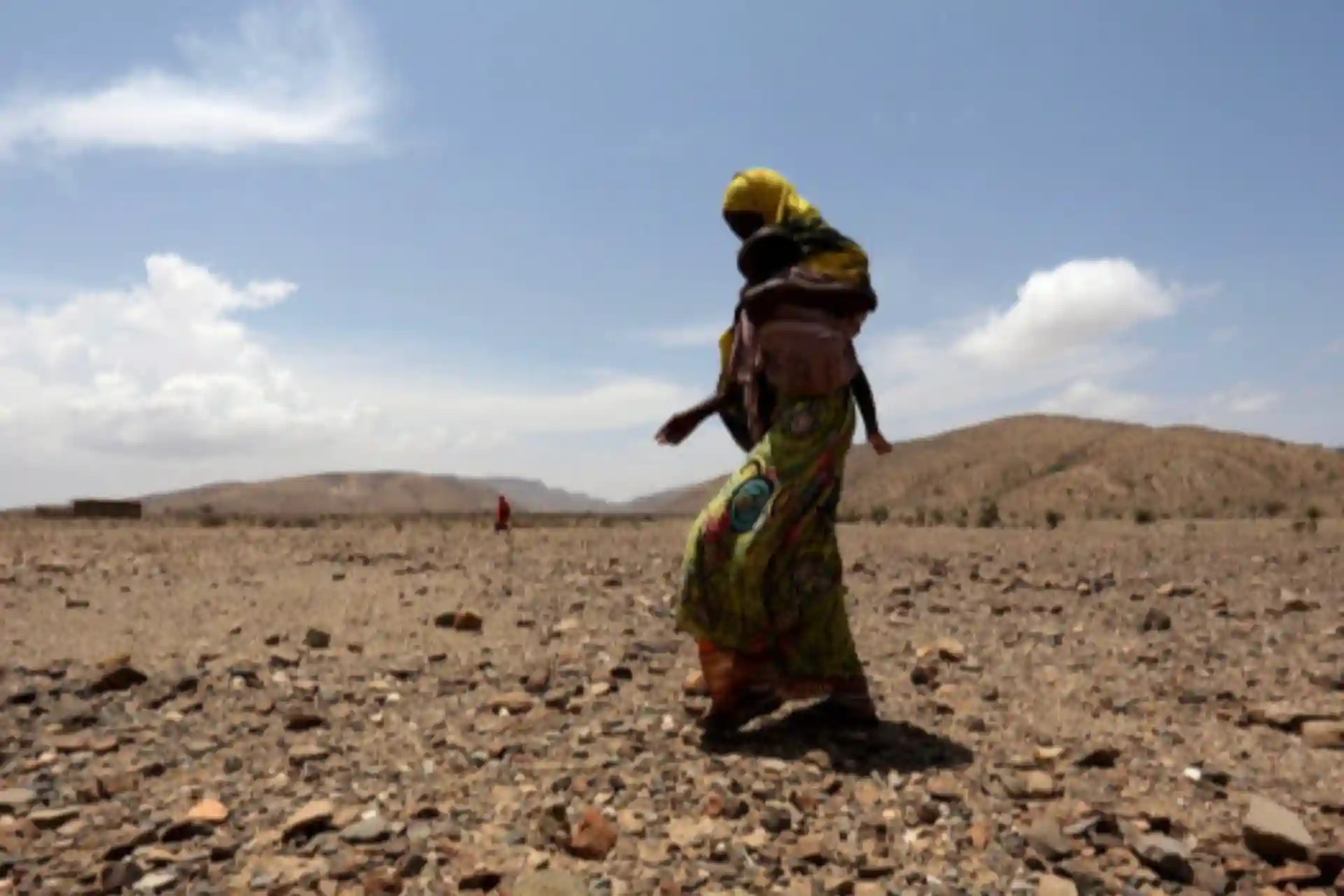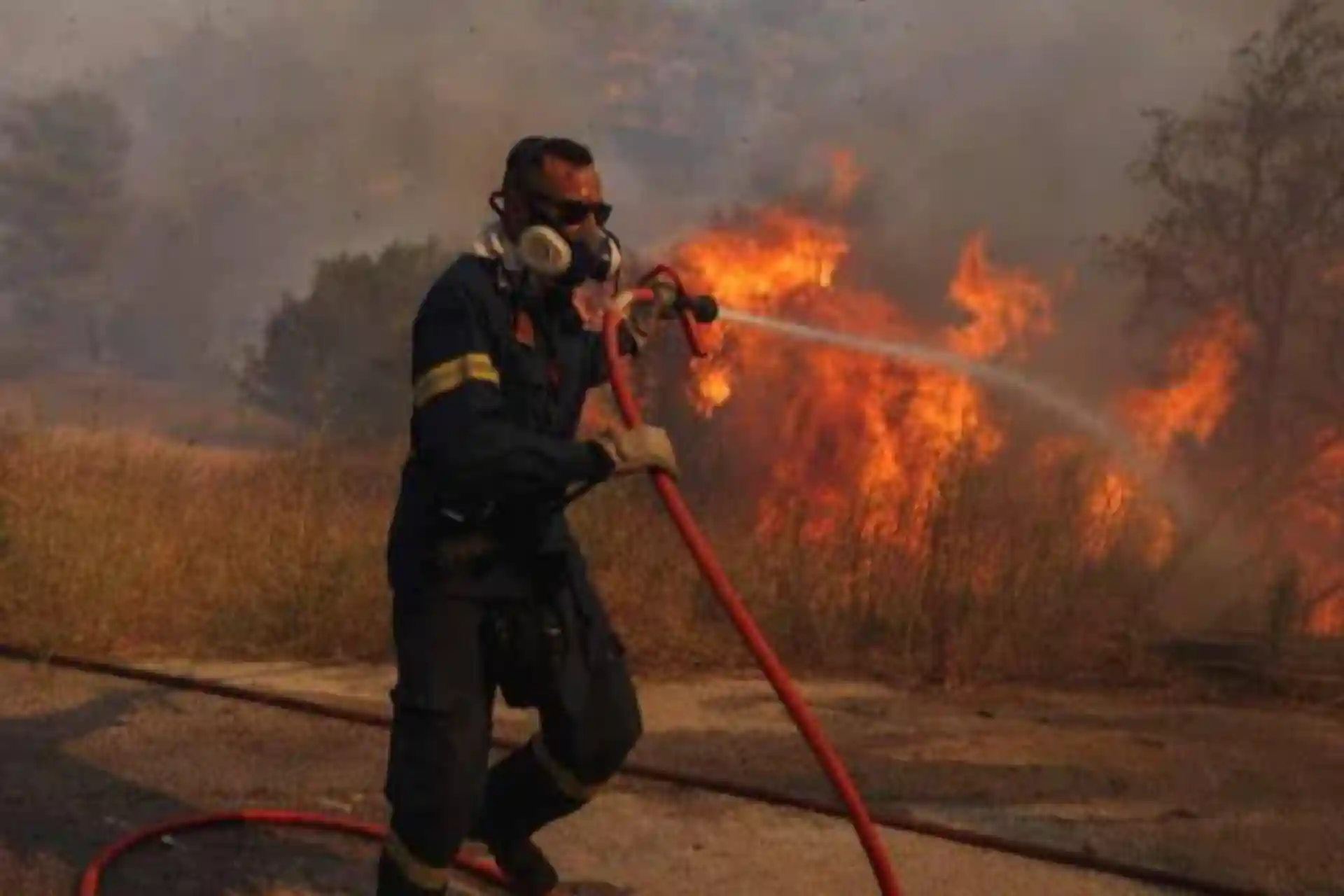Climate change is increasingly affecting Africa
According to the World Meteorological Organization , despite much lower greenhouse gas emissions than other continents, temperatures in Africa are rising faster than the global average. Currently, African countries are losing an average of 2-5% of their GDP due to heat waves, heavy rains, floods, cyclones and prolonged droughts.
According to a new report by the World Meteorological Organization (WMO), Africa faces serious challenges due to climate change and the disproportionate costs of adaptation. Despite much lower greenhouse gas emissions than other continents, temperatures in Africa are rising faster than the global average.
According to WMO's State of the Climate in Africa report, African countries are currently losing an average of 2-5% of their GDP due to heat waves, heavy rains, floods, cyclones and prolonged droughts.
The cost of adapting to a changing climate for sub-Saharan Africa is estimated at $30-$50 billion per year over the next decade.
The 54-nation continent has increased its funding for climate change mitigation and adaptation projects in recent years, but still accounts for less than 1 percent of annual global climate finance.
It is estimated that by 2030, up to 118 million people in extreme poverty (living on less than US$1.90 a day) in Africa will be exposed to droughts, floods and extreme heat unless appropriate measures are taken. According to the report, this would put an additional burden on poverty reduction efforts and significantly dampen growth.
"Over the past 60 years, Africa has warmed faster than the global average. In 2023, the continent will experience catastrophic heat waves, heavy rainfall, floods, tropical cyclones and prolonged droughts," said UN Secretary-General Celesta Saulo.
"While many countries in the Horn of Africa, South and North-West continue to suffer from multi-year drought, other countries will experience heavy rainfall in 2023 and floods that will cause huge casualties and economic losses," he added.



